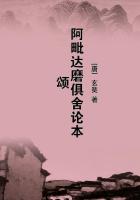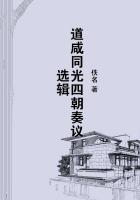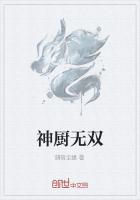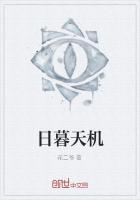1
SINCE we have previously said that one ought to choose that which is intermediate, not the excess nor the defect, and that the intermediate is determined by the dictates of the right rule, let us discuss the nature of these dictates. In all the states of character we have mentioned, as in all other matters, there is a mark to which the man who has the rule looks, and heightens or relaxes his activity accordingly, and there is a standard which determines the mean states which we say are intermediate between excess and defect, being in accordance with the right rule. But such a statement, though true, is by no means clear; for not only here but in all other pursuits which are objects of knowledge it is indeed true to say that we must not exert ourselves nor relax our efforts too much nor too little, but to an intermediate extent and as the right rule dictates; but if a man had only this knowledge he would be none the wiser e.g. we should not know what sort of medicines to apply to our body if some one were to say 'all those which the medical art prescribes, and which agree with the practice of one who possesses the art'. Hence it is necessary with regard to the states of the soul also not only that this true statement should be made, but also that it should be determined what is the right rule and what is the standard that fixes it.
We divided the virtues of the soul and a said that some are virtues of character and others of intellect. Now we have discussed in detail the moral virtues; with regard to the others let us express our view as follows, beginning with some remarks about the soul. We said before that there are two parts of the soul-that which grasps a rule or rational principle, and the irrational; let us now draw a similar distinction within the part which grasps a rational principle. And let it be assumed that there are two parts which grasp a rational principle-one by which we contemplate the kind of things whose originative causes are invariable, and one by which we contemplate variable things; for where objects differ in kind the part of the soul answering to each of the two is different in kind, since it is in virtue of a certain likeness and kinship with their objects that they have the knowledge they have. Let one of these parts be called the scientific and the other the calculative; for to deliberate and to calculate are the same thing, but no one deliberates about the invariable. Therefore the calculative is one part of the faculty which grasps a rational principle. We must, then, learn what is the best state of each of these two parts; for this is the virtue of each.
2
The virtue of a thing is relative to its proper work. Now there are three things in the soul which control action and truth-sensation, reason, desire.
Of these sensation originates no action; this is plain from the fact that the lower animals have sensation but no share in action.
What affirmation and negation are in thinking, pursuit and avoidance are in desire; so that since moral virtue is a state of character concerned with choice, and choice is deliberate desire, therefore both the reasoning must be true and the desire right, if the choice is to be good, and the latter must pursue just what the former asserts.
Now this kind of intellect and of truth is practical; of the intellect which is contemplative, not practical nor productive, the good and the bad state are truth and falsity respectively (for this is the work of everything intellectual); while of the part which is practical and intellectual the good state is truth in agreement with right desire.
The origin of action-its efficient, not its final cause-is choice, and that of choice is desire and reasoning with a view to an end. This is why choice cannot exist either without reason and intellect or without a moral state; for good action and its opposite cannot exist without a combination of intellect and character. Intellect itself, however, moves nothing, but only the intellect which aims at an end and is practical; for this rules the productive intellect, as well, since every one who makes makes for an end, and that which is made is not an end in the unqualified sense (but only an end in a particular relation, and the end of a particular operation)-only that which is done is that; for good action is an end, and desire aims at this. Hence choice is either desiderative reason or ratiocinative desire, and such an origin of action is a man. (It is to be noted that nothing that is past is an object of choice, e.g. no one chooses to have sacked Troy; for no one deliberates about the past, but about what is future and capable of being otherwise, while what is past is not capable of not having taken place; hence Agathon is right in sayingFor this alone is lacking even to God, To make undone things thathave once been done.)The work of both the intellectual parts, then, is truth. Therefore the states that are most strictly those in respect of which each of these parts will reach truth are the virtues of the two parts.
3
Let us begin, then, from the beginning, and discuss these states once more. Let it be assumed that the states by virtue of which the soul possesses truth by way of affirmation or denial are five in number, i.e. art, scientific knowledge, practical wisdom, philosophic wisdom, intuitive reason; we do not include judgement and opinion because in these we may be mistaken.

